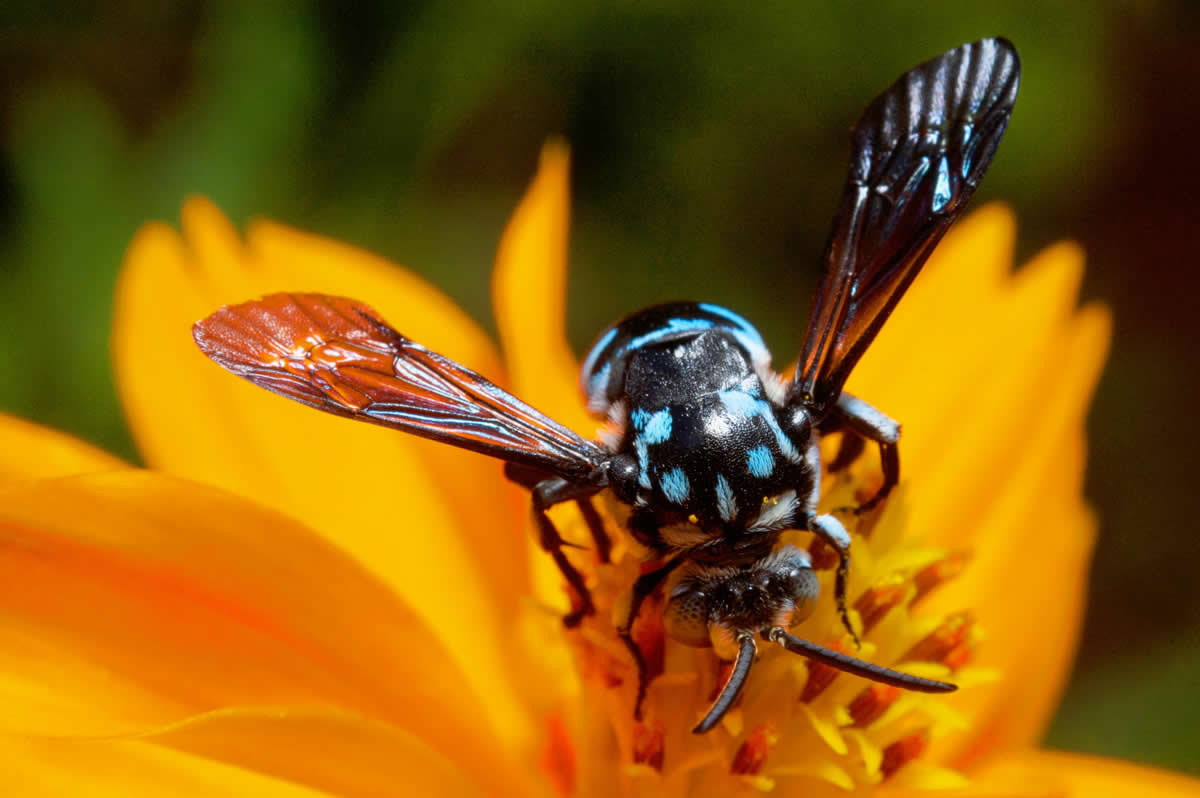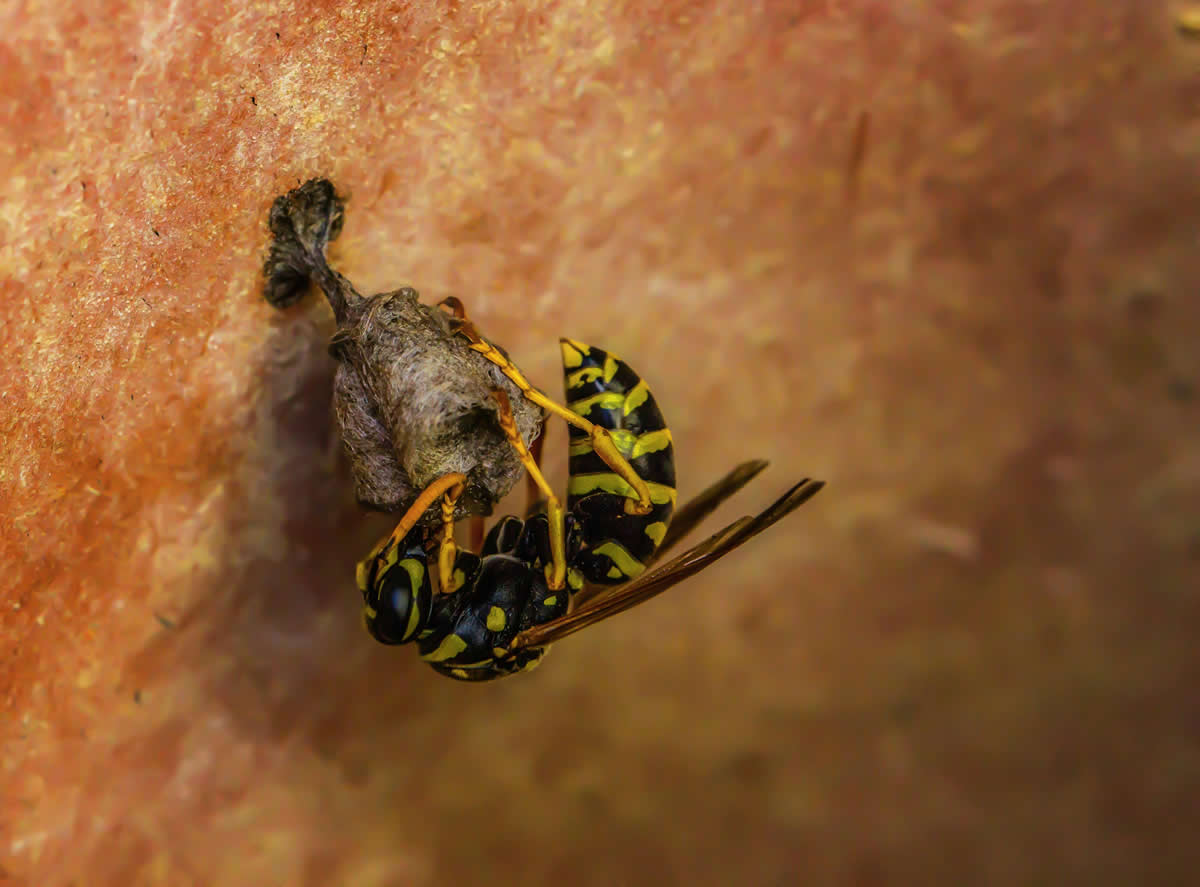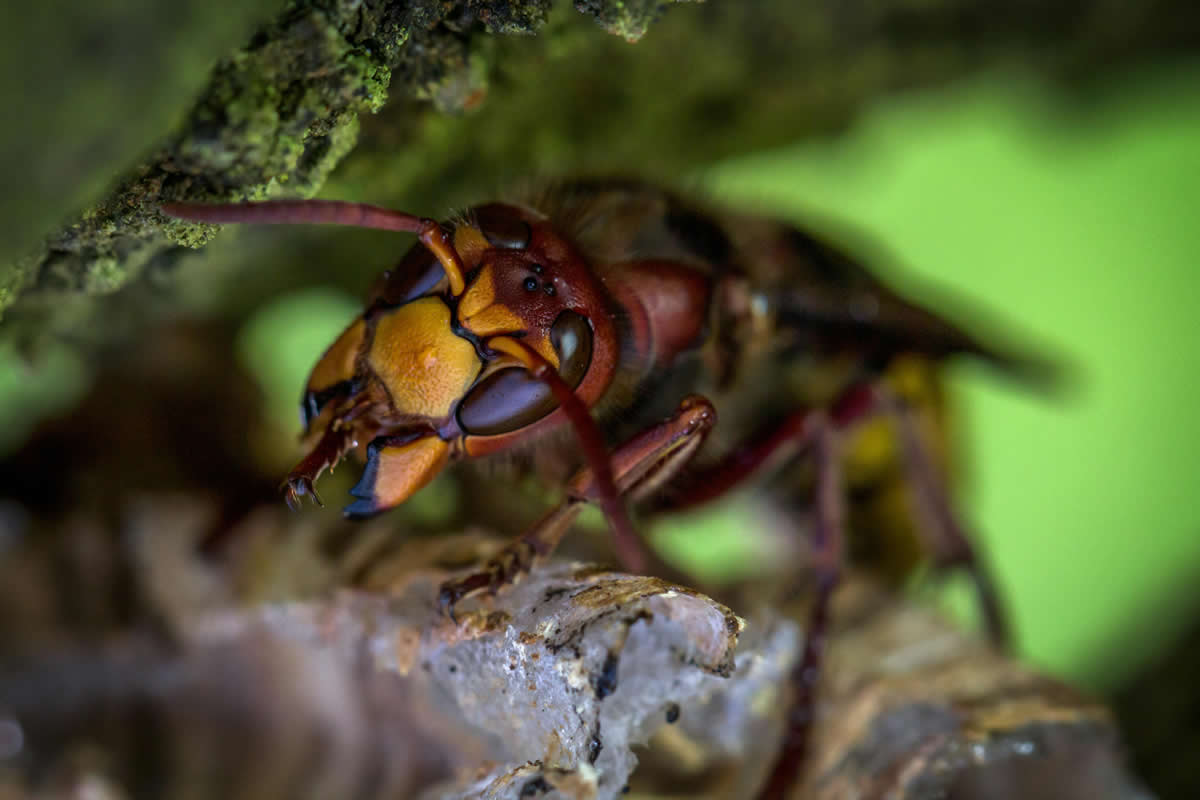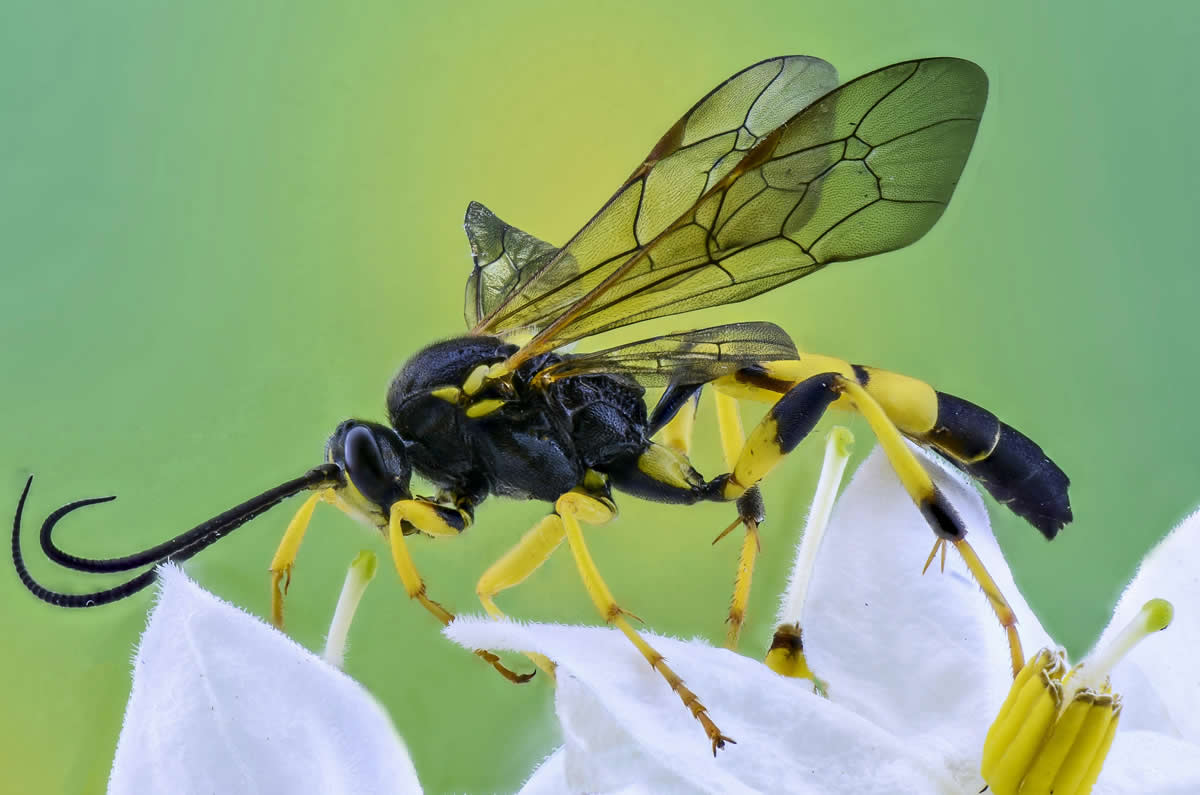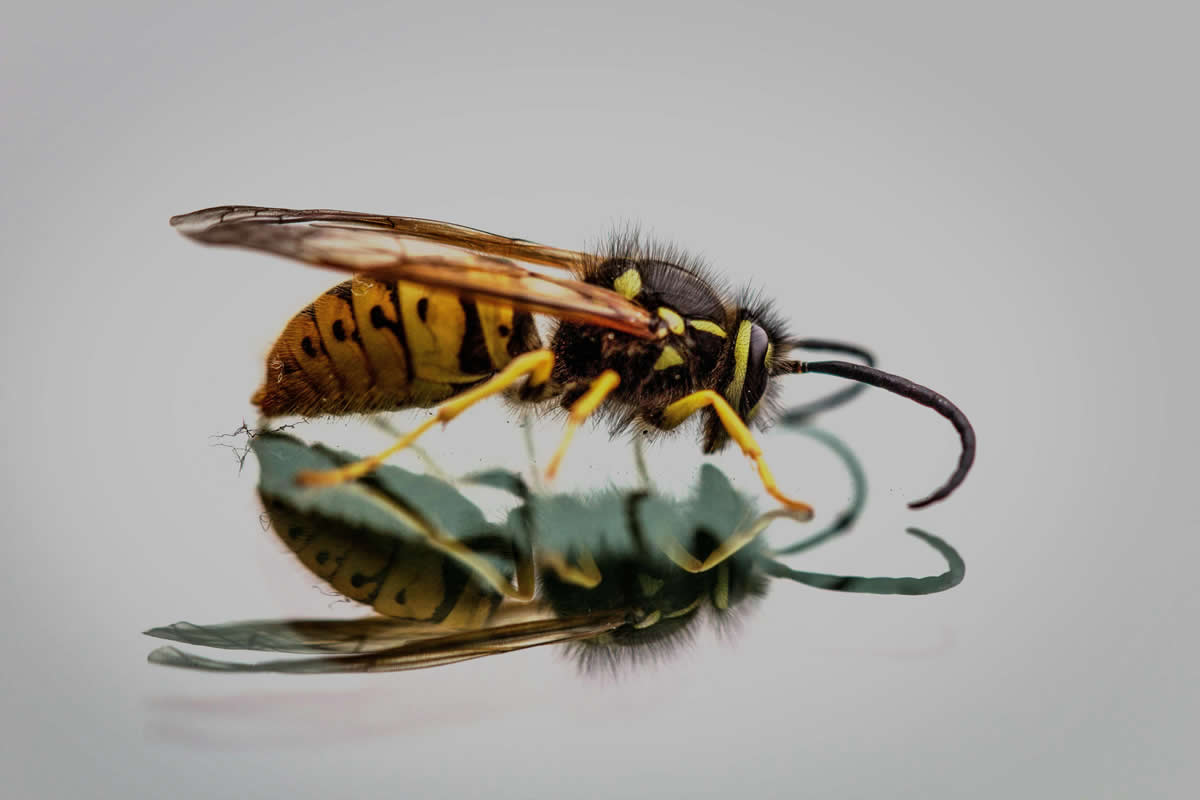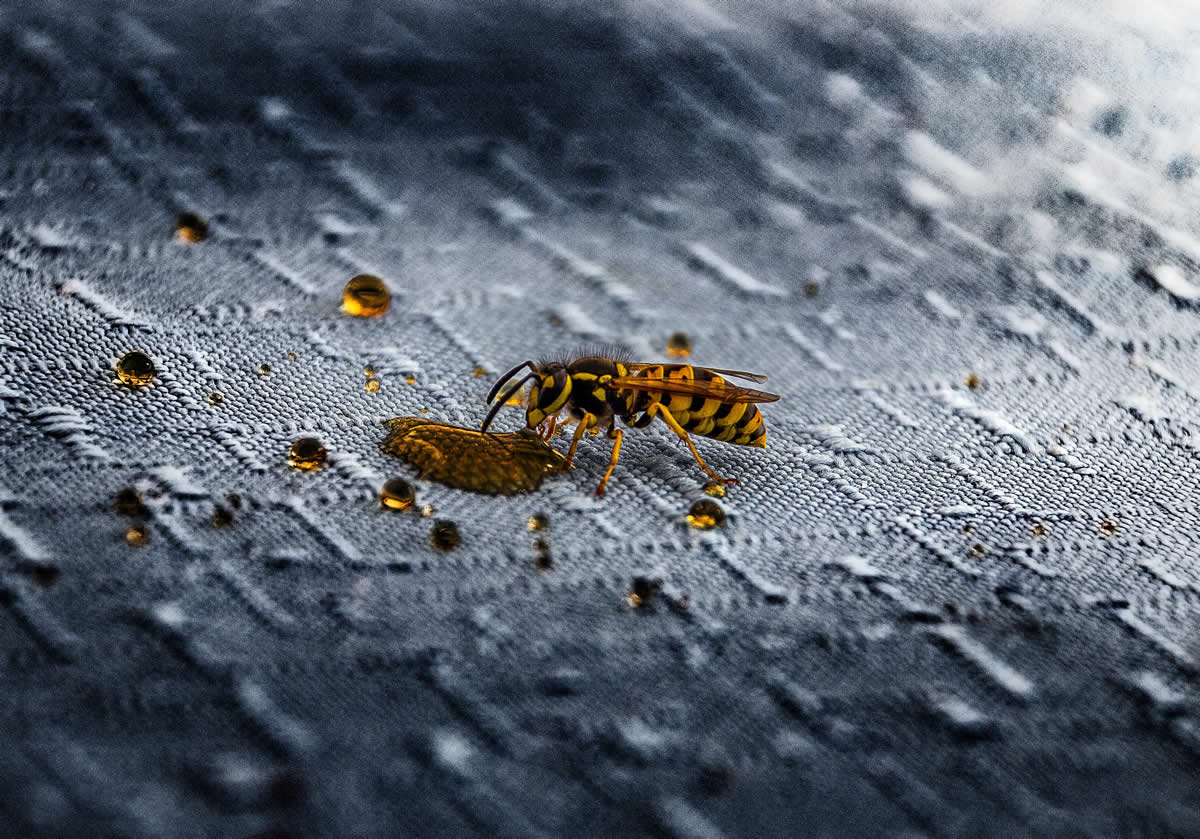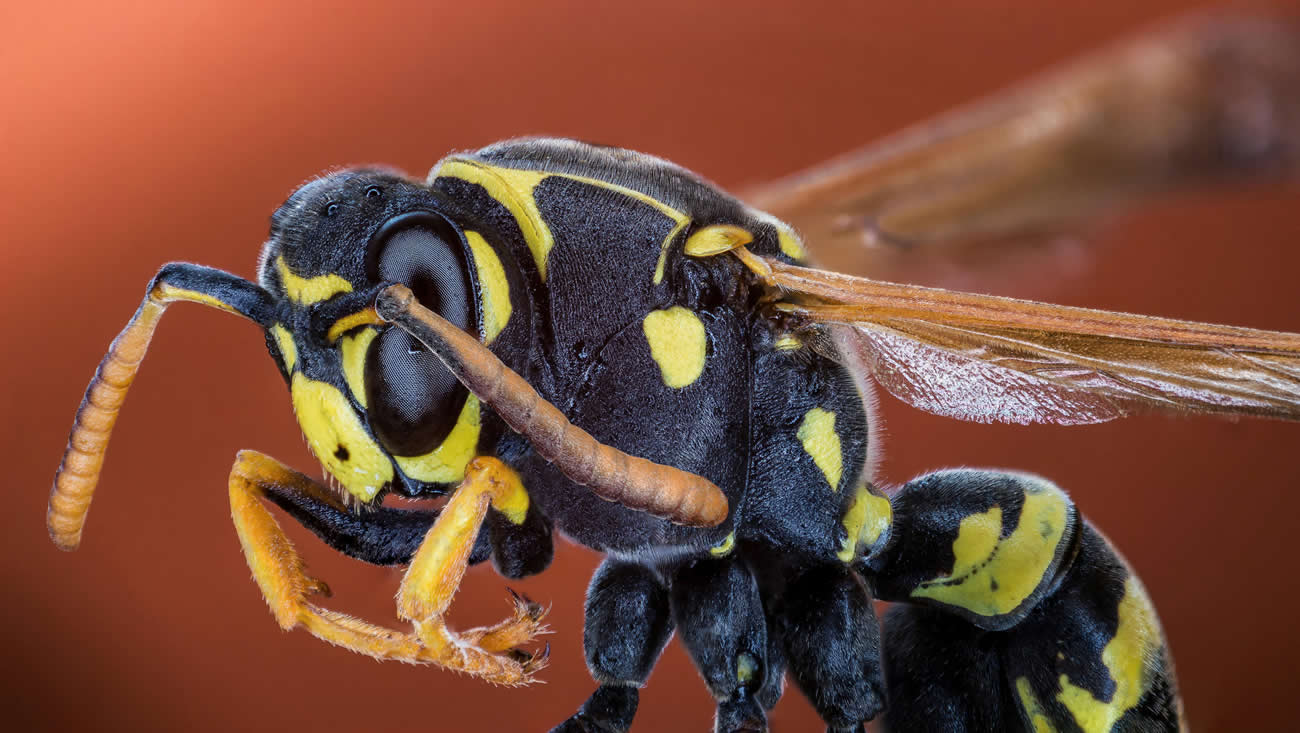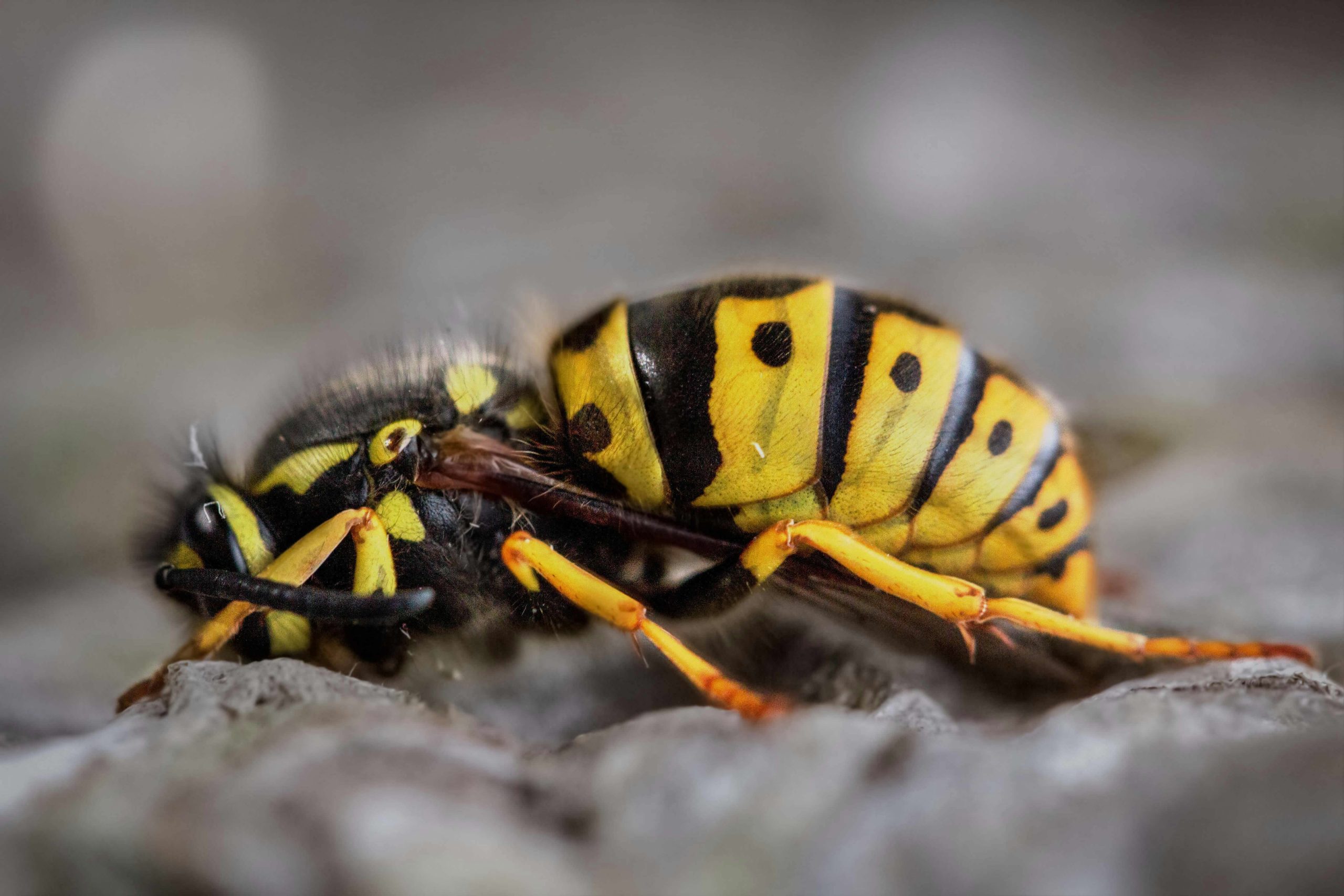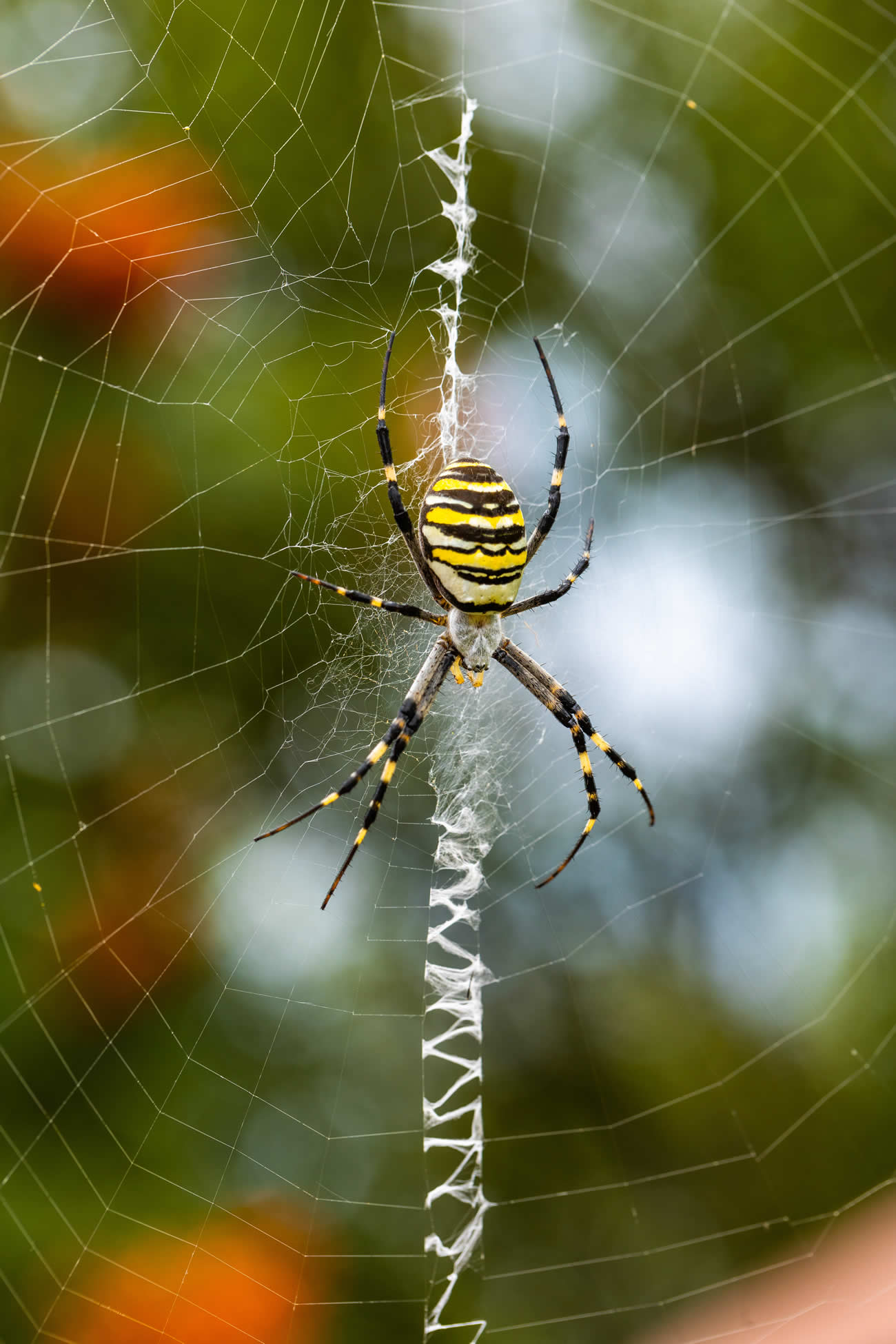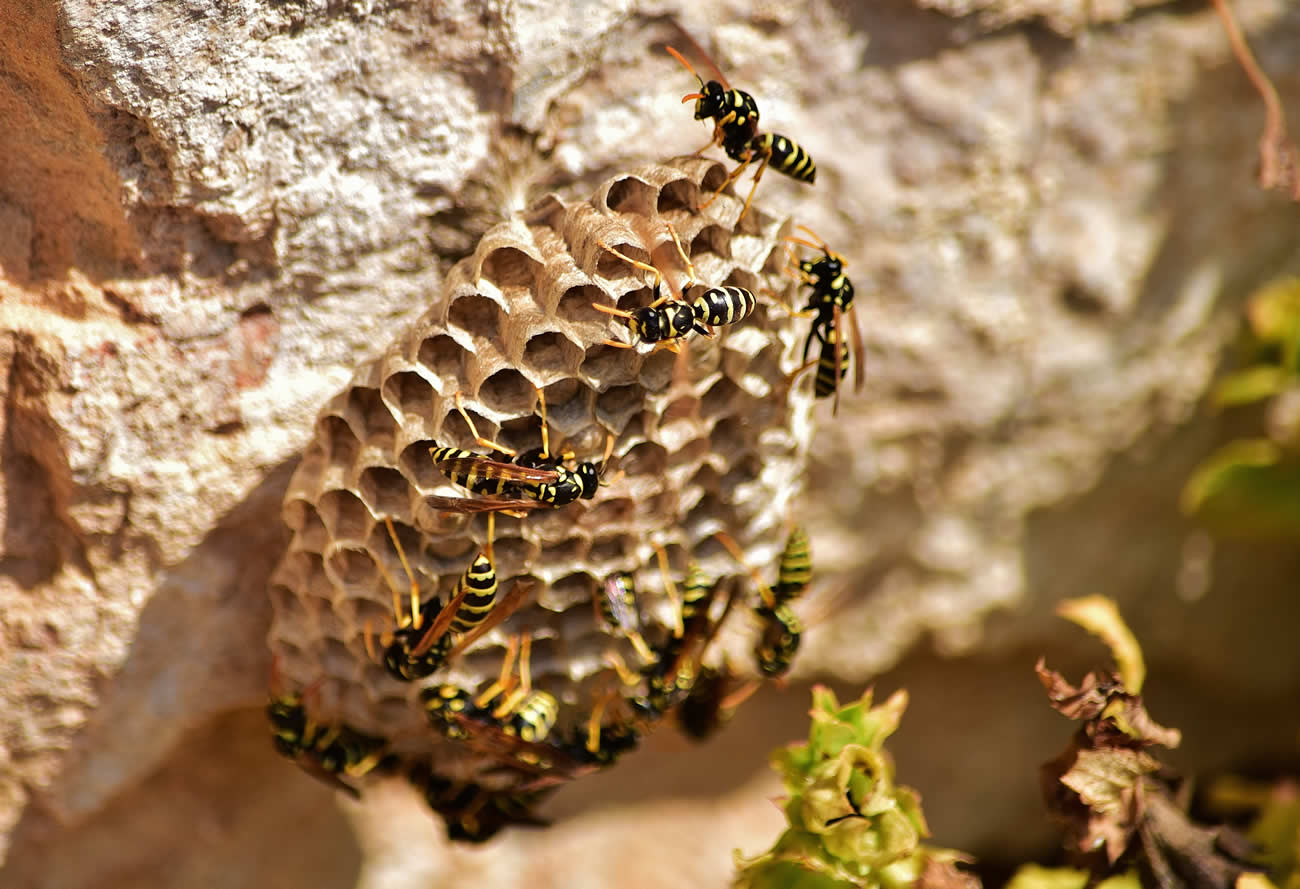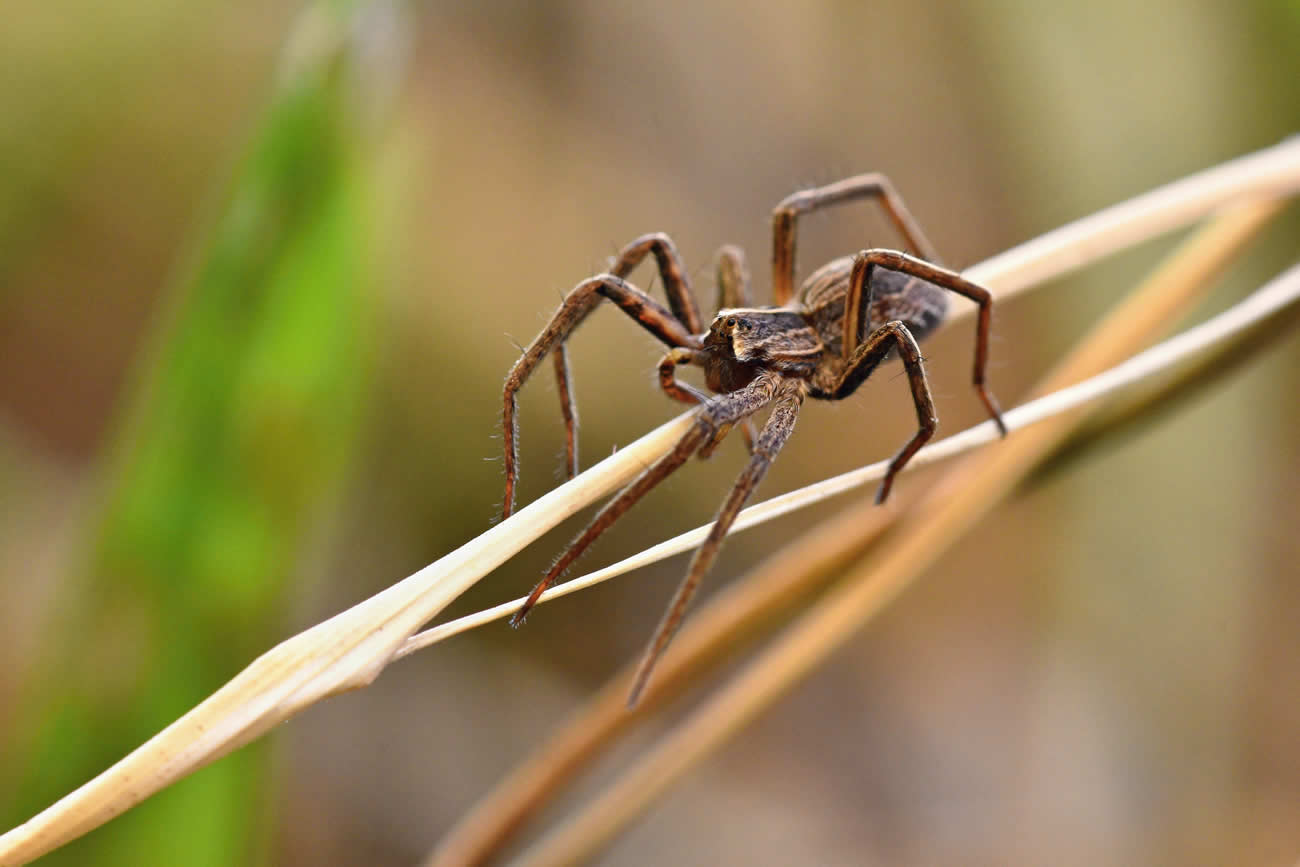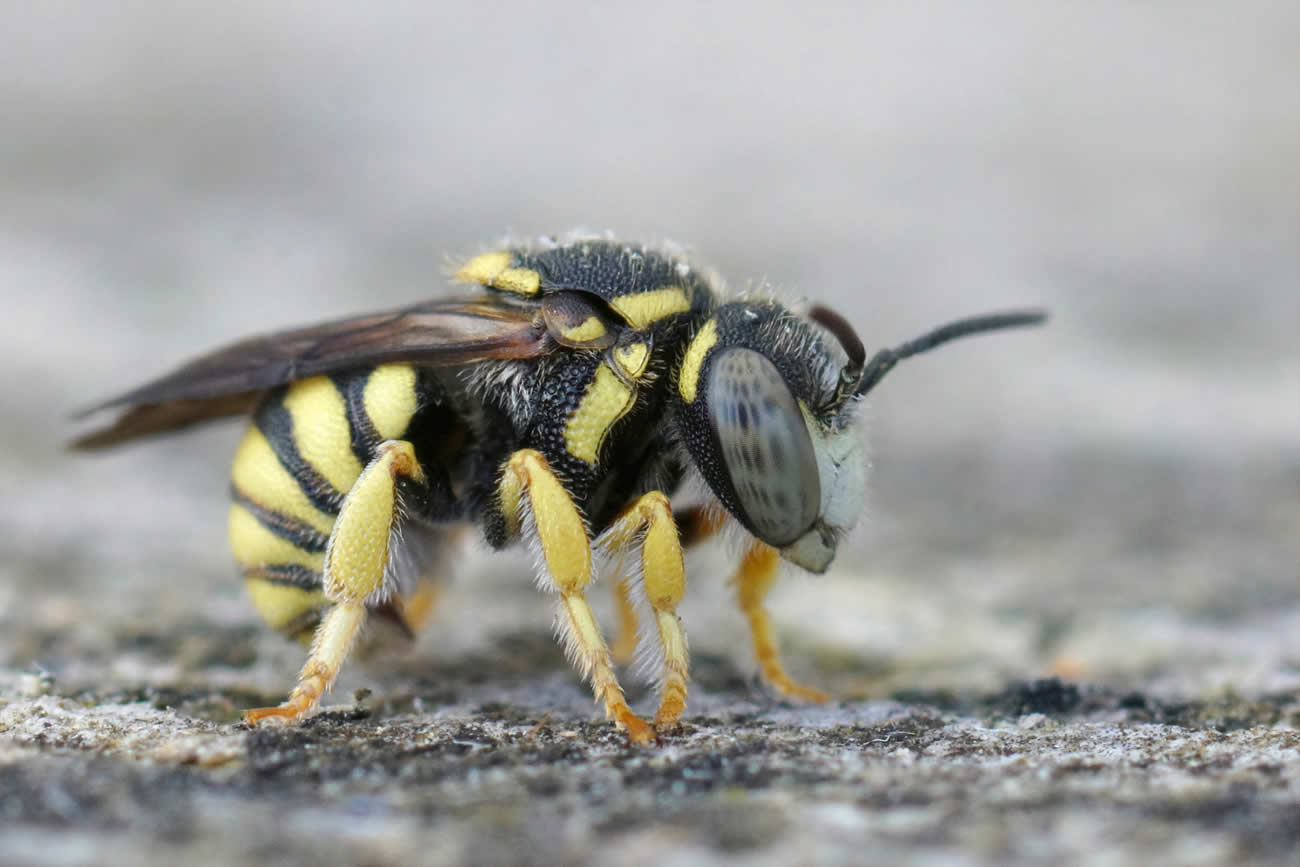When the sun’s out and the weather’s warm, you want to enjoy your time outdoors. But the second a wasp starts circling your food or hovering near your face, the mood shifts. They’re fast, sharp, and not afraid to make their presence known. It doesn’t take long before you’re either swatting at the air or heading back inside.
That doesn’t mean you have to stay indoors, though. You’ve got options. One of the most effective ways to deal with wasps — without harsh chemicals — is peppermint oil. Strong, sharp, and naturally off-putting to insects, peppermint oil offers a straightforward way to create a space they don’t want to enter.
In this guide, you’ll learn how it works, why it’s effective, and how to use it to keep your space as wasp-free as possible.
Table of Contents
ToggleGet to Know What You’re Dealing With
Before you reach for the peppermint oil, it helps to understand the behaviour behind the buzz. Wasps and bees often get mixed up, but they’re not the same. Wasps are sleeker, more aggressive, and they can sting repeatedly. They tend to show up when food’s around, especially anything sweet. Late summer and early autumn are when they’re most active, as their natural food sources drop off.
They build nests in all sorts of places — under the roofline, in trees, even beneath the ground. If you’re spotting them often, there’s a chance a nest is nearby. That’s when natural deterrents like peppermint oil come into play.
Why Peppermint Oil Works
Peppermint oil comes from the peppermint plant, which is a mix between spearmint and watermint. The strong menthol scent is what does the job here. While people often find it refreshing, wasps pick it up as a warning sign. It overwhelms their senses, blocks their ability to communicate, and makes it harder for them to settle in your space.
It doesn’t kill them — it deters them. You’re sending a clear message: this place isn’t safe or worth sticking around for.
What Makes Peppermint Oil Stand Out
- Natural deterrent – It’s a cleaner alternative to chemical sprays and doesn’t pose a threat to people or pets when used properly.
- Broad effect – Wasps aren’t the only ones that stay away. It can also help repel ants, spiders, and even mice.
- Side benefits – If you use it in a diffuser, the scent can lift your mood, clear your head, and sharpen focus — an added bonus.
How to Use Peppermint Oil Against Wasps
You don’t need fancy gear or a full pest control kit. With a bottle of peppermint oil and a few household bits, you can build a strong first line of defence.
Make a Spray
The easiest way to use peppermint oil is to mix it into a spray. You can use it on door frames, windows, garden furniture, or anywhere you’ve seen wasps flying around.
You’ll need:
- 10 to 15 drops of peppermint essential oil
- 1 cup of water
- A small amount of washing-up liquid (optional — helps blend oil and water)
Steps:
- Add the oil and water to a clean spray bottle.
- Shake the bottle gently to mix everything.
- Spray along doors, windows, outdoor seating, and known entry points.
Reapply every few days, and especially after rain. The scent needs to stay strong to keep wasps away.
Use Cotton Balls
If you’ve spotted a spot where wasps gather or you want to block them from nesting, this method helps hold the scent in one place.
How to do it:
- Soak a few cotton balls in peppermint oil.
- Place them in jars, bowls, or just tuck them into corners of sheds, fences, or under furniture.
- Swap them out every few days to keep the smell fresh and strong.
This approach is useful for static spaces where you don’t want to keep reapplying a spray.
Grow Peppermint
Live plants do the job slowly but steadily. They give off a subtle scent all the time, which can act as a background barrier against wasps.
What to do:
- Plant peppermint directly in your garden, or
- Use pots and move them around your patio or outdoor table.
It’s not as instant as oil, but if you like natural solutions that blend into your garden, this one makes sense.
Try Sachets
If you’re after something compact, peppermint sachets can work. They’re easy to hang near seating, entryways, or even in sheds or greenhouses.
To make them:
- Fill small fabric bags with dried peppermint leaves or cotton wool soaked in peppermint oil.
- Hang the bags where you need them most.
These are especially useful in enclosed outdoor areas where spraying might not be ideal.
Other Natural Smells That Work
Peppermint oil’s not the only scent wasps avoid. If you want to mix things up or you’re after a stronger effect, try combining peppermint with other essential oils.
Effective options include:
- Clove
- Lemongrass
- Eucalyptus
- Citrus oils (like lemon or orange)
You can mix them into your spray or add a few drops of each to your cotton balls or sachets. Just make sure the scents are still pleasant for you — it’s your space, after all.
Stay Safe While Using It
Even though peppermint oil is natural, it still needs to be used with care. It’s concentrated, so a little goes a long way.
Keep in mind:
- Dilute it first – Always mix with water before using it on skin, furniture, or plants.
- Watch for allergies – If you or anyone in your home has sensitive skin or plant allergies, test in a small area first.
- Store it properly – Keep the bottle out of direct sunlight and away from children or pets. If swallowed, it can be harmful.
If you’re ever unsure, check the label or speak to a health professional.
Know When to Get Help
Peppermint oil is great for everyday wasp problems. But if you’re facing a full nest — especially inside walls, trees, or the roof — it’s best to step back.
Signs it’s time to call a pro:
- You see wasps flying in and out of the same place repeatedly.
- You hear a low, constant buzzing from inside a wall or structure.
- You can see a visible nest hanging under an eave or branch.
Trained pest control teams know how to remove nests safely. They’ll wear the right gear, use controlled treatments, and make sure you don’t have the same problem again soon. It’s not worth the risk of stings — especially if you’re allergic.
Take Back Your Space
Wasps can turn a quiet afternoon into a stressful situation. But that doesn’t mean you have to stay indoors or cancel plans. With the right approach, you can take control of your space without harsh chemicals or complicated tools.
Peppermint oil gives you a natural, easy way to protect your home and garden. Use it on its own or combine it with other scents to make the effect stronger. Whether you spray it, plant it, or leave it in little sachets, you’re sending a message that wasps will pick up quickly.
Be consistent. Keep your methods fresh. Stay aware of what’s happening around your space. And if it ever becomes too much, don’t wait — get someone in who knows what they’re doing.
You don’t need to share your space with wasps. You’ve got what you need to keep them away — and peppermint oil is one of the best tools to start with.

